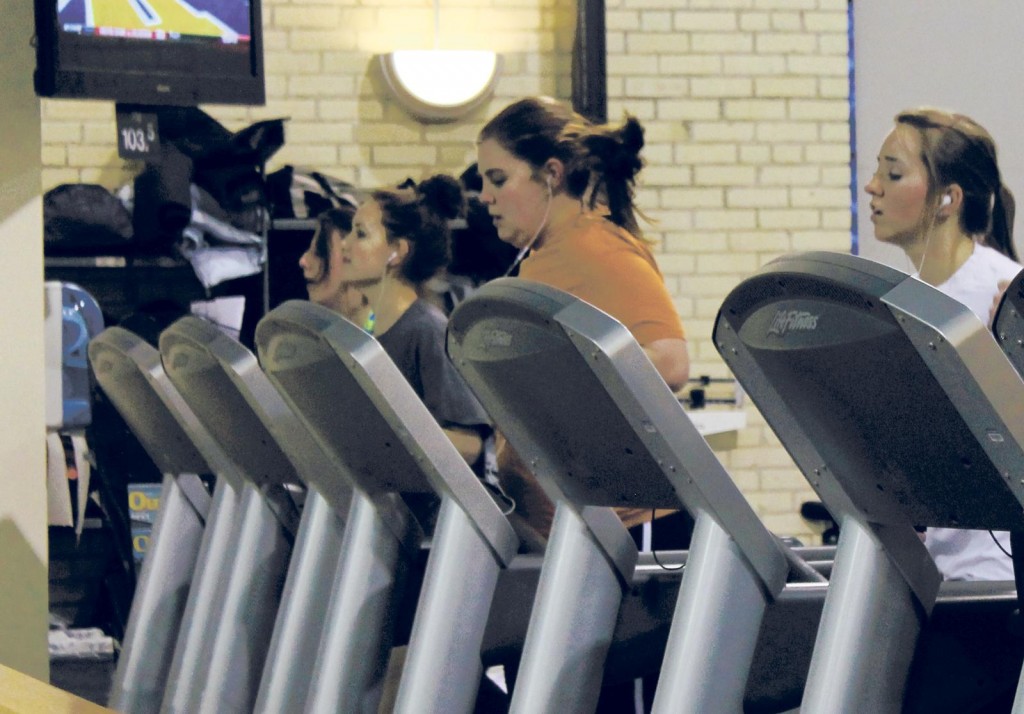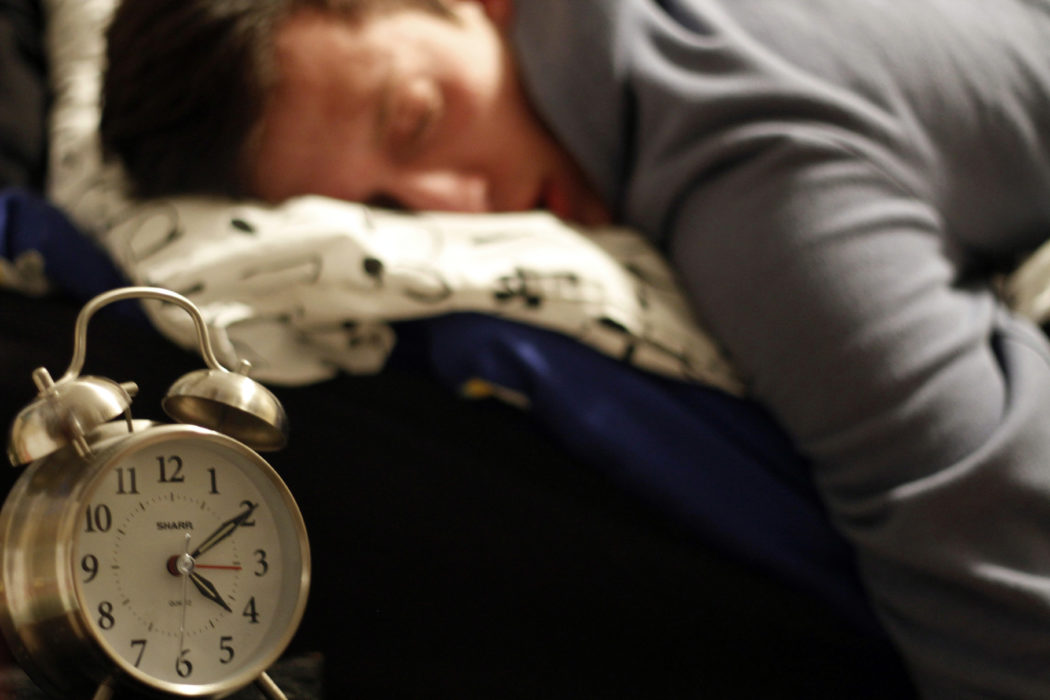Tips to avoid losing sleep during finals
According to the Academic Success Center on campus, sleeping is one of the most important things that students can do to become successful.
Research observed by the ASC shows that people who are sleep deprived perform worse on thinking and performance tests than those who are not.
Utah State University students have their own way of maintaining sleep schedules and improvise to find ways to be alert and perform demanding tasks assigned in college.
“Like every well adjusted college student, I start an intravenous coffee drip and leave it running the entirety of the week. Then, I crash for three days,” said USU student Marie Rosenberg.
 Photo by Katherine Taylor
Photo by Katherine Taylor Students find themselves drawn to places like Starbucks for a pumpkin spice latte often during the fall season. Photo by Katherine Taylor
When asked how she maintains her sleep schedule, USU student Lilly Silver she doesn’t have one.
“You just die a little each day and regenerate saturday,” she said.
USU student Emily Mortensen said she starts the day early so she can be productive.
“I find that when I wake up earlier than normal I tend to get more stuff done throughout the day. When no one is awake, I have no distractions,” she said.
To counter the issue of a lack of sleep the ASC offers useful tips and professional advice for students to get a better nights rest and become more productive.
Create a nightly routine
Selective bedtimes and consistent behavior before bedtime leads to increased relaxation and ability to fall asleep. Try reading, listening to calming music or other peaceful activities before sleep. All of these create habits that better prepare the body to begin sleeping.
The bed is for sleeping
Performing activities such as studying, watching TV or other daily activities unrelated to sleeping in your bed will reduce the likelihood of the body forming a habit of falling asleep when it is finally time to lay in bed and get some rest.
Careful with caffeine and other drugs
Avoiding drugs such as caffeine, nicotine and alcohol 4-6 hours before bedtime will increase the body’s ability to sleep. Stimulants such as nicotine and caffeine will disrupt sleeping cues, while the depressant that is alcohol will disrupt sleep quality and longevity.

STUDENTS EXERCISE at the Fieldhouse. Getting fit is part of many people’s New Year’s resolutions, but sometimes it can have uninteded consequences. SAMANTHA BEHL photo
Exercise is important
Performing physically demanding tasks two hours before bed or more will increase the ability to regulate a sleep schedule. The best time to engage in exercise is the afternoon. Just remember that strenuous activity right before bed will result in a struggle to fall asleep.
Make it a priority
Sleeping is ultimately one of the most beneficial things a student can do to remain productive and alert throughout their busy days. Students should prioritize sleep and put it on your “to-do” list and even sacrifice other activities to ensure proper rest.
The Academic Success Center carries many tips and help for students who struggle with a variety of academic needs including sleep. Drop by room 305 in the Taggart Student Center and ask for the “Sleep and Academics” sheet.
@Kylelele_


Please, the word is LOSING. Not “loosing”.